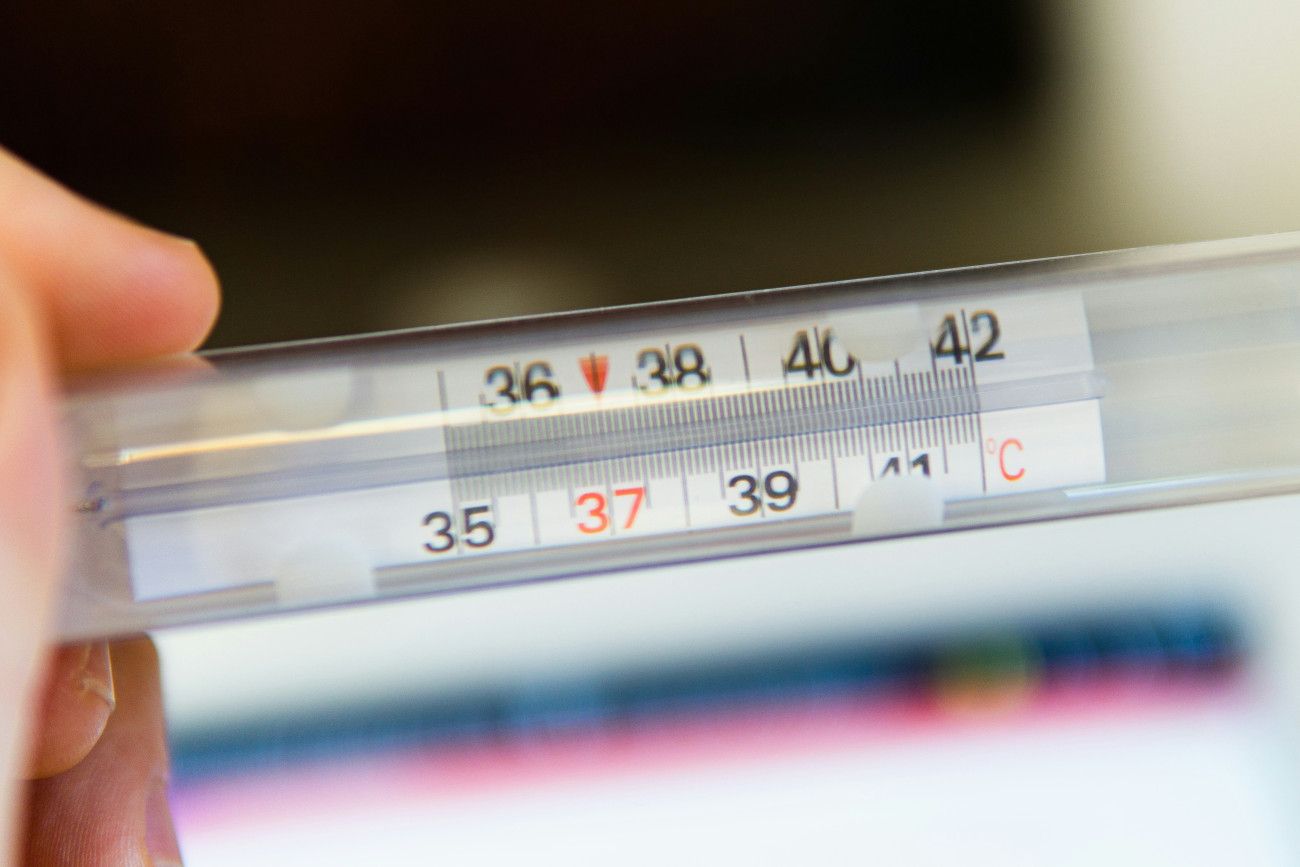Streptococcus: Increase cases in schools

Enough are the outbreaks of streptococcus in various schools in Northern Greecebut also in Crete. Streptococcus is a bacterium that can cause various infections to humans, usually mild, but sometimes it can be more serious.
Due to the outbreaks in students in school units, schools in Serres and Thessaloniki they will remain closed on Monday, as well as in Crete, in Heraklion Prefecture and in the prefecture of Rethymnon. Schools will remain closed, for precautionary reasons, but also to disinfect school units. Subsequently, further decisions will be made by the competent authorities.
The 2nd Kindergarten of Atsipopoulou in Rethymnon will remain closed for precautionary reasons, as Streptococcus was diagnosed with school pupils.
The Kasteli Kindergarten, in the Municipality of Minoa-Diadia in the Prefecture of Heraklion will also remain closed. According to Mayor Vassilis Kegeroglou, the cases were three kindergarten children. Called the parents of the children who have undergone a test to undergo tests and, if they have symptoms, to contact a pediatrician or health unit immediately.
Positive in streptococcal infection (group A β-hemolytic streptococcus-GAS) found students in four Serres schools. These are students in schools: 4th – 17th Elementary School and 8th – 25th Elementary School, but also at the Serres Music School.
In Oreokastro, Thessaloniki, Streptococcus was confirmed in a kindergarten child. However, after disinfection of school premises, the 6th kindergarten will operate normally.
A second case was found in Kalamaria. She is a Primary School student. The previous one had been found in the school complex of Skra Square. Due to these incidents, the 2nd and 4th Elementary School, as well as the 9th Kindergarten, as well as the 5th and 13th Primary Schools and the 27th Kindergarten, housed in the complex of Skra Square, will remain closed on Monday.
The number of outbreaks in the Efkarpia area, western Thessaloniki, where a 5 -year -old girl died. The streptococcus caused her lightning septicemia. In Efkarpia, a total of 15 outbreaks of streptococcus have been identified in a total of 84 samples from the kindergarten where 5 -year -old and other units were studying.
Ordinary cause of pharyngitis
Speaking to Mega, Professor of Epidemiology and Preventive Medicine, Theodora Psaltopoulou explained that Streptococcus is one of the most common bacteria. It is also the most common cause of bacterial pharyngitis in children. However, because the symptoms are similar to those of viral pharyngitis, it is advisable for parents to talk to the pediatrician or to address the hospital to decide what kind of treatment the patient should follow.
What is Group A Streptococcus?
According to EDYY, the streptococcus of Group A, also known as a pyogenic streptococcus or GAS (Group a Streptococcus) is a bacterium that can cause various infections to humans. These infections are usually mild but in rare cases very severe, even deadly if not treated properly. In a small percentage of (1-5%) of people, the bacterium is located in their pharynx or skin or in other places, without being ill, that is, these people are healthy bacterial carriers.
Group A streptococcus is transmitted through:
- Of infected droplets from patient secretions
- Of contact with contaminated surfaces
- Contact with contaminated skin lesions
- By healthy carriers of the bacterium
Group A streptococcus is much more easily transmitted than people who are coincidental and ill, than by healthy bacterium carriers.
Group A streptococcus usually causes infections such as Strep Throat, fever and skin rash known as scarlet fever, skin infections such as infectious wax (Impetigo) and cellulite (cellulite).
In some cases, if streptococcal infection is not cured with appropriate antibiotics, it can lead to serious complications such as kidney attack (metastococcal glomerulonephritis) or heart (rheumatic fever). The symptoms that the sufferer will present are depending on the type of infection that will cause him by the bacterium. For example, pharyngoamygalitis is manifested by fever, cynical (sore throat), dyspnoea, swelling of almonds with white coating, lymph node swelling and bleeding spots on the palate.
In rare cases, Group A streptococcus can cause an invasive disease in humans (IGAS-Invasive Group a Streptococcus). This is a very serious infection that without proper and immediate treatment can lead to death. Forms of penetrating bacterial disease are necrotizing fasciitis and streptococcal toxic shock toxic shock syndrome.
Anyone can get sick of streptococcal infection. However, the most vulnerable to the bacterium are young children, the elderly, the immunosuppresses, the people with chronic diseases and those who live in poor hygiene and in synchronization.
Pyogenic streptococcus is one of the most common causes of pharyngoamiditis in school children.
Group A pyogenic Pyogokococcus cannot currently be prevented with a vaccine, a vaccine does not exist. What exists is under study for their action against the bacterium.
Prevention measures of streptococcal infection by the pyogenic streptococcus include:
- Proper application of hygiene and hand hygiene rules
- Applying Personal Protection Measures
- Avoid synchronicity and proper ventilation of spaces
- Correct cleanliness and disinfection of surfaces and frequently used objects, according to the instructions of the specialists
- Limiting people who are sick in home hospitalization, at least for a 24 -hour period after the start of their antibiotic treatment
There are several tests to diagnose the infection by Group A streptococcus depending on the clinical picture of the patient. For example, streptococcal pharyngoamygalitis can be quickly diagnosed with a pharyngeal coating as well as a rapid test of the streptococcus antigen, known as a step test.
Streptococcal infection by Group A streptococcus should be treated in time with appropriate antibiotics, depending on the severity of the infection.
The fever that persists, the intense cynicism, the dysfunction, the fever combined with rash, the severe payment are symptoms that we need to seek medical help immediately. The penetrating infection by the pyogenic streptococcus is rapidly evolving, so any suspicion of disease needs immediate medical evaluation.










